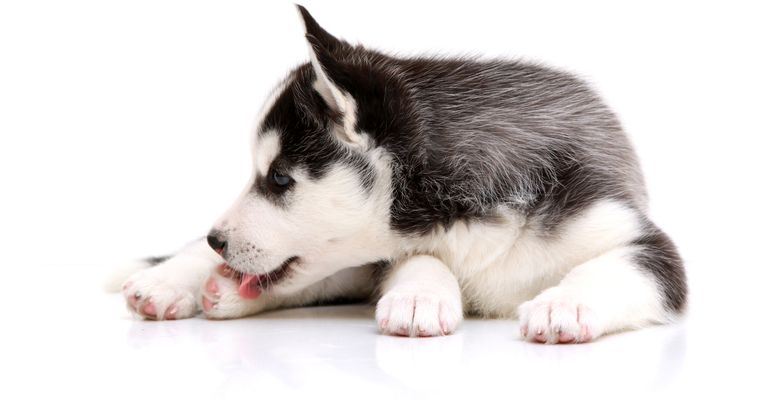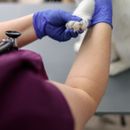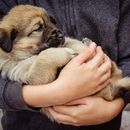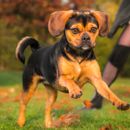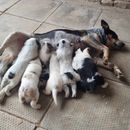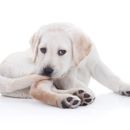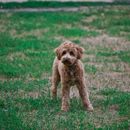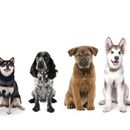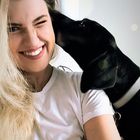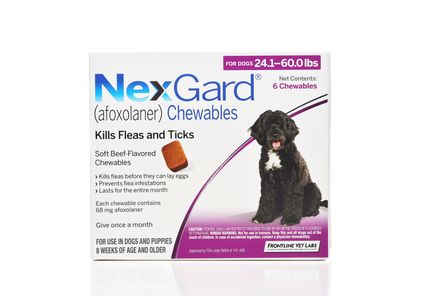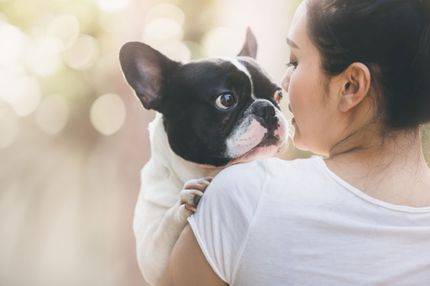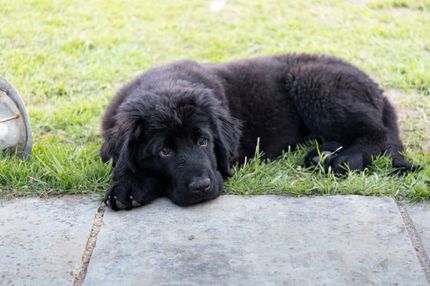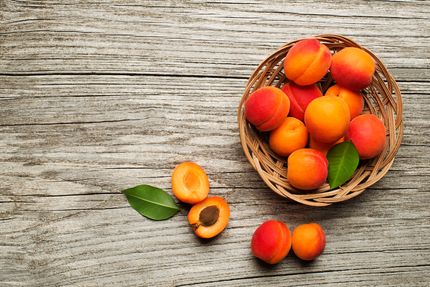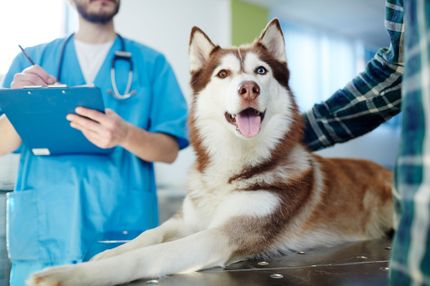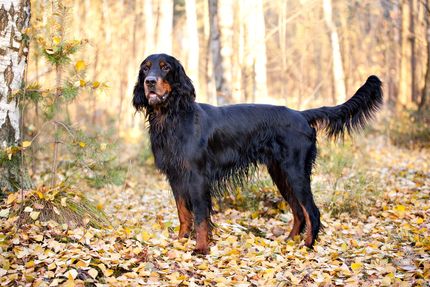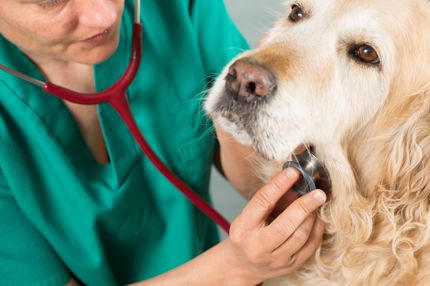Have you ever noticed that your dog often nibbles his claws? At first it may seem like a cute quirk, but if the nibbling becomes a habit, you may want to take a closer look. There are a number of reasons why dogs behave this way, and some of them may indicate health problems. Let's find out together what might be wrong with your four-legged friend and how you can help him.
What is normal and what is not?
Before we go into detail, it's important to understand that the occasional paw licking or claw gnawing can be perfectly normal. Dogs groom themselves, and that includes grooming their paws and claws. But if your dog is constantly nibbling his claws, there could be more to it.
Possible causes of claw gnawing
1. boredom or stress
Dogs that are bored or stressed often develop behaviors such as excessive licking or chewing to occupy or calm themselves. Check that your dog is getting enough mental and physical stimulation:
- More exercise: Daily walks and playtime can help burn off excess energy.
- Brain games: Intelligence toys that hide treats can help challenge your dog mentally.
2. skin problems or allergies
Allergies, parasites or skin infections can cause itching and discomfort, which can lead to your dog nipping at his claws or paws. Look out for signs such as redness, swelling or an unpleasant odor:
- Regular checks: Check your dog's paws regularly for signs of irritation.
- Visit to the vet: If allergies or skin problems are suspected, a visit to the vet is essential.
3. painful conditions
Conditions such as arthritis or injuries to paws or claws can cause pain, which your dog will try to relieve by chewing on the affected areas. Painful conditions often require medical treatment, so don't hesitate to see a vet if there are signs of lameness or pain reactions.
4. overlong claws
If your dog's claws are too long, they can cause discomfort or even pain when walking. This can cause your dog to nip at them to find relief:
- Regular claw trimming: Keep your dog's nails short by trimming them regularly or having them trimmed by a professional.
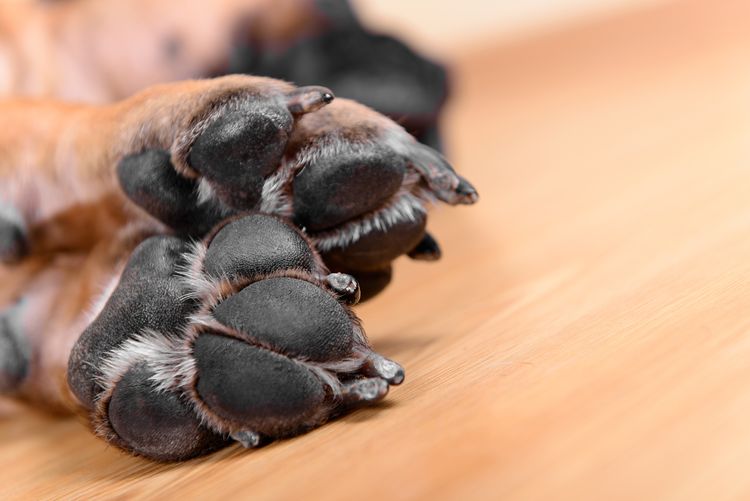
Tips to remedy the situation
Distraction and activity
Make sure your dog is sufficiently occupied. More playtime and new activities can work wonders. Also try to incorporate daily training sessions to keep his mind occupied.
Health check
A regular check-up at the vet can detect and treat many of the problems that could lead to claw gnawing at an early stage. Don't forget to ask the vet about skin and coat care products that may be suitable for your dog.
Paw care
Paw care is not only a matter of hygiene, but also of health. Make sure your dog's paws are clean and dry. After a walk in the rain or snow, it is particularly important to clean and dry the paws.
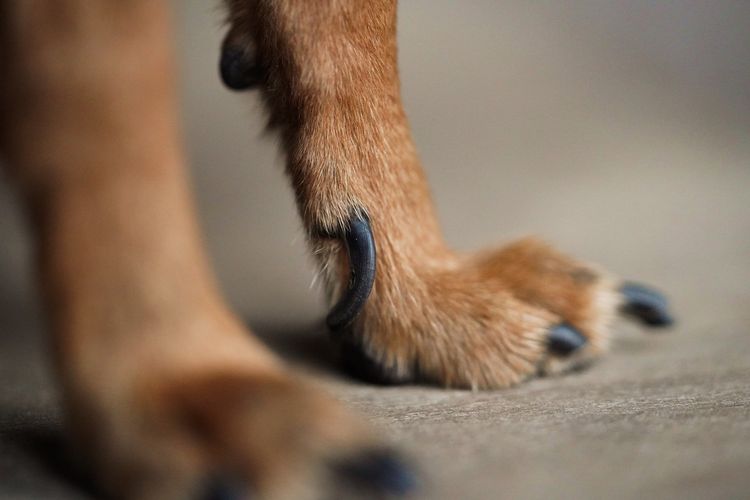
If your dog is constantly nibbling his claws, it's no reason to panic, but it's definitely a sign that you should take a closer look. Whether it's boredom, stress, health issues or overgrown claws, there are many possible causes and each can be addressed to help your dog live a happier and healthier life. Stay alert and proactive, and you'll notice the difference in his behavior and well-being.
